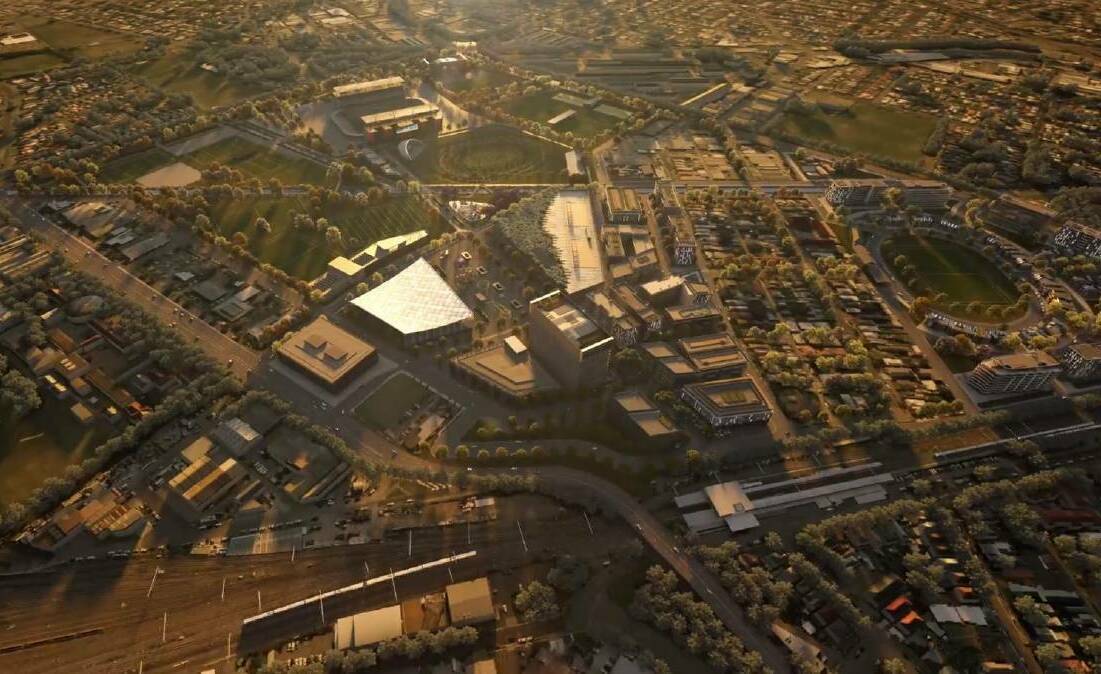
City of Newcastle is concerned major Hunter projects could lose government focus after a restructure of a state department has lumped the region in with the Northern Rivers.
The Department of Planning, Housing and Infrastructure (DPHI) has split its Hunter and Central Coast branch, combined the Hunter and Northern Rivers and moved the Central Coast into the metro Sydney region.
The new Hunter and Northern region branch consolidates 34 local government areas and Lord Howe Island, and is responsible for local planning and council liaison.
The director of the former Northern Region Jeremy Gray will manage the new branch.
The department said the decision was about reducing duplication and the new operating model was based on functions rather than geographic boundaries.
"The changes will not reduce Central Coast and Hunter stakeholders' experience of the Department of Planning, Housing and Infrastructure," a spokesperson for the department said.
"It will now be easier and clearer for stakeholders to engage with DPHI by having one point of contact across areas including strategic planning, policy setting, assessment of re-zonings, and state significant development."
But Newcastle council has expressed concern about the impact the change will have on the region.
"City of Newcastle believes that Newcastle, Lake Macquarie, Maitland, Cessnock and Port Stephens are collectively of a size and economic importance that they should be treated as a stand-alone region," a spokesperson for the council said.
"We hope that this restructure won't see critical planning projects such as those occurring in Broadmeadow and south-western Lake Macquarie, along with around the airport, lose state government focus.
"This is a significant risk given much of northern NSW is currently in a rebuilding phase following the devastating floods of February 2022."
The state government and council are working on a redevelopment strategy for Broadmeadow which could accommodate up to 16,600 new homes, while the south-west Lake Macquarie suburbs of Cooranbong and Morisset are among the Hunter's most popular growth spots.
Committee for the Hunter CEO Alice Thompson said she was focused on ensuring the government gave the region an adequate amount of attention.
"There will always be machinery of government changes," Ms Thompson said.
"We are more concerned that the Hunter - as Australia's largest regional economy and NSW's second city - receives the focus and the investment relative to our scale, needs and capacity rather than with how any government chooses to structure and administer itself now, and through inevitable changes into the future."
The Herald understands the decision will not affect the Hunter and Central Coast Joint Regional Planning Panel nor the Hunter and Central Coast Development Corporation.







